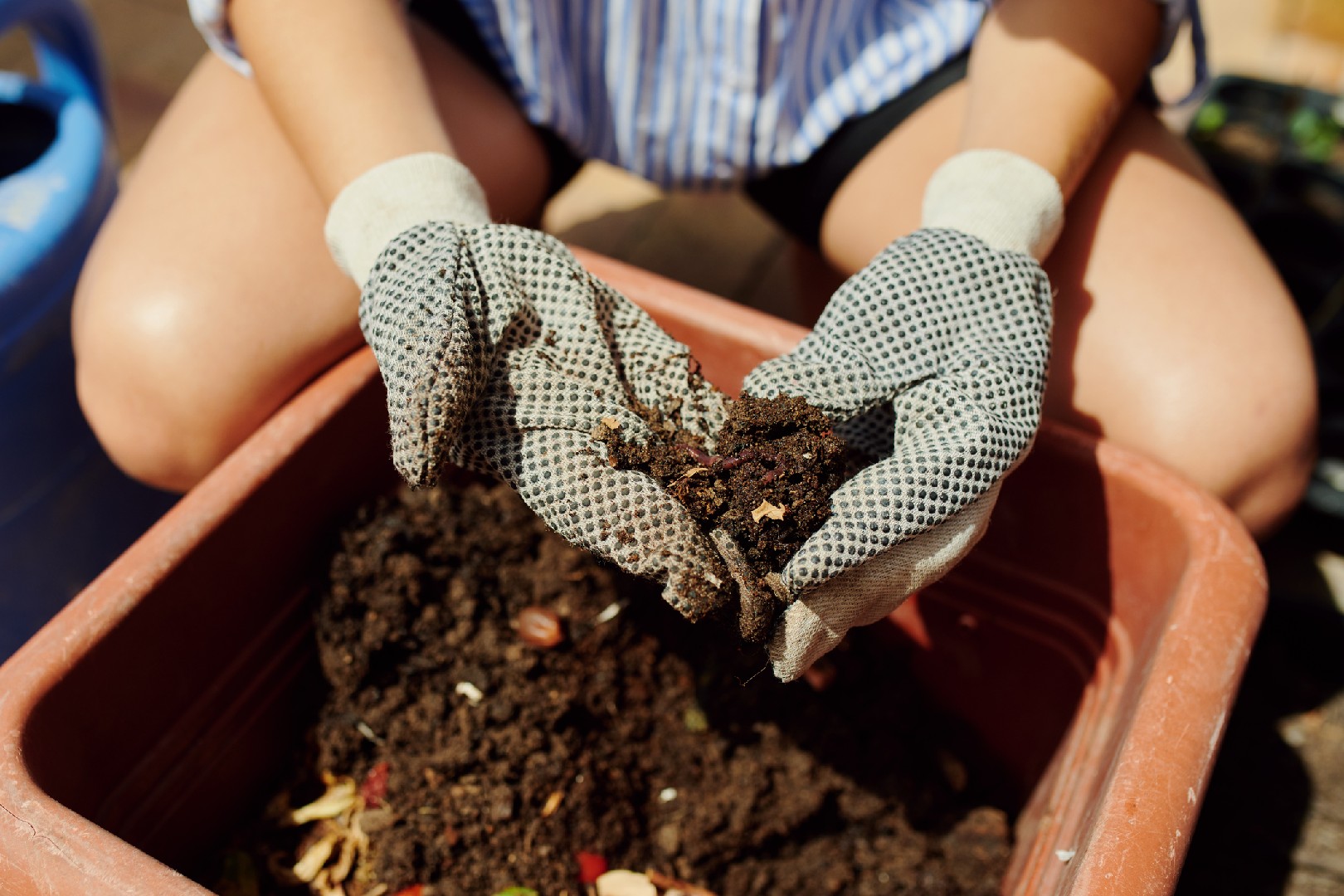![Rectangle]()
Understanding the Basics: Composting 101
Composting is a natural process that involves the decomposition of organic materials to produce nutrient-rich soil. It is an effective way to reduce waste and promote environmental sustainability. By composting, you can divert waste from landfills, reduce greenhouse gas emissions, and create a valuable resource for your garden or plants. In this section, we will delve deeper into the basics of composting and explore various factors that can affect the process.
To start, let's discuss the key benefits of composting. One of the main advantages is the reduction of waste. Instead of sending yard trimmings, food scraps, and other organic materials to the landfill, you can use them to create nutrient-rich soil. Composting also helps to minimize the production of greenhouse gases. When organic waste decomposes in landfills, it releases methane, a potent greenhouse gas. However, in a compost pile, the decomposition occurs in the presence of oxygen, which converts the organic matter into carbon dioxide, a less harmful gas.
Several factors can influence the composting process. The first factor to consider is the mix of materials. A balanced mix of nitrogen-rich (green) and carbon-rich (brown) materials is essential for successful composting. Nitrogen-rich materials include grass clippings, fruit and vegetable scraps, and coffee grounds, while carbon-rich materials include dry leaves, wood chips, and shredded paper. The ideal ratio is 3 parts carbon to 1 part nitrogen.
Moisture level is another critical factor. Compost microorganisms thrive in a moist environment, so it's important to keep the compost pile adequately moist. A moisture level of around 40-60% is ideal. You can achieve this by watering the pile regularly or covering it during periods of heavy rain.
Heat is also a crucial element in composting. The composting process generates heat as microorganisms break down the organic matter. The ideal temperature range for composting is between 110-160°F (43-71°C). You can monitor the temperature using a compost thermometer and adjust it by turning the pile or adding more materials.
Aeration, or the supply of oxygen, is essential for composting. Oxygen allows aerobic bacteria to thrive and decompose the organic matter efficiently. You can promote aeration by turning the compost pile regularly, using a pitchfork or a compost aerator. This helps to prevent the pile from becoming compacted and allows for the circulation of air.
There are various composting methods you can choose from, depending on your space, time, and resources. The most common methods include backyard composting, vermiculture (composting with worms), and composting using tumblers or bins. Backyard composting is suitable for individuals with a yard or garden, while vermiculture is ideal for those with limited space or indoor composting needs. Tumblers or bins provide a more controlled environment and can speed up the decomposition process.
By understanding the basics of composting and the factors that affect the process, you can set yourself up for success. Remember to maintain a balanced mix of materials, monitor the moisture level, provide adequate heat and aeration, and choose a composting method that suits your needs. With these knowledge and skills, you can become a master composter and contribute to a greener and more sustainable future.





